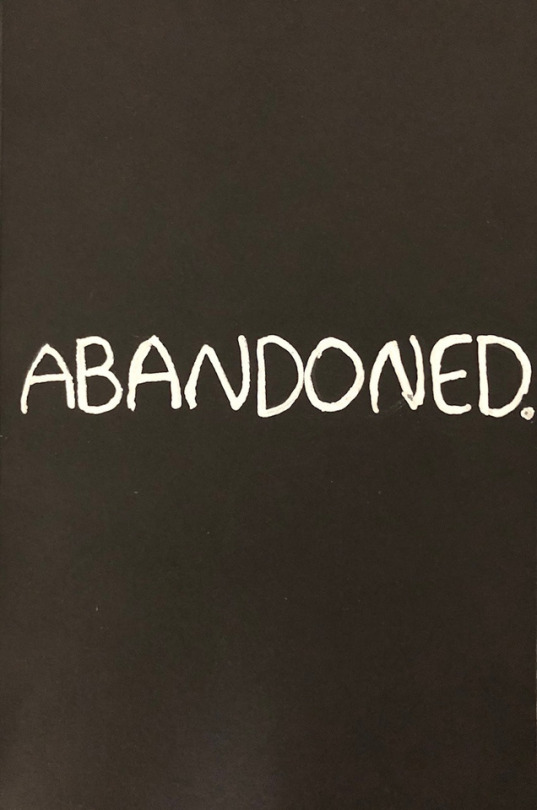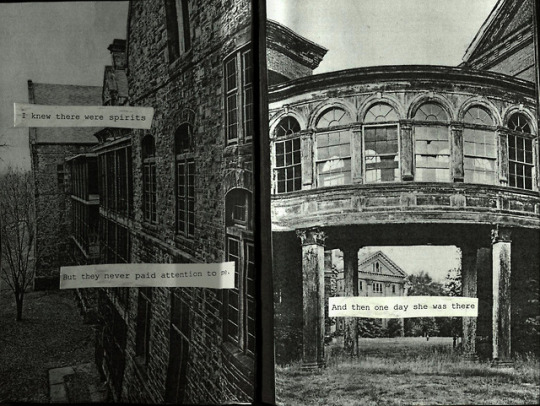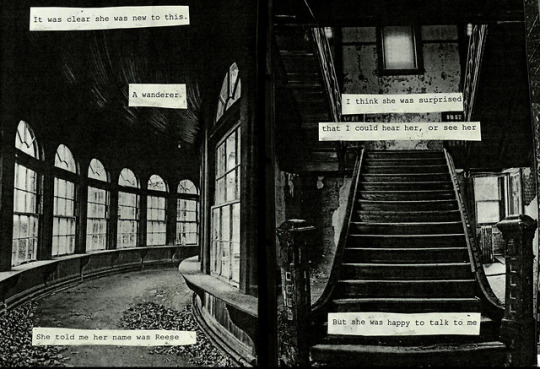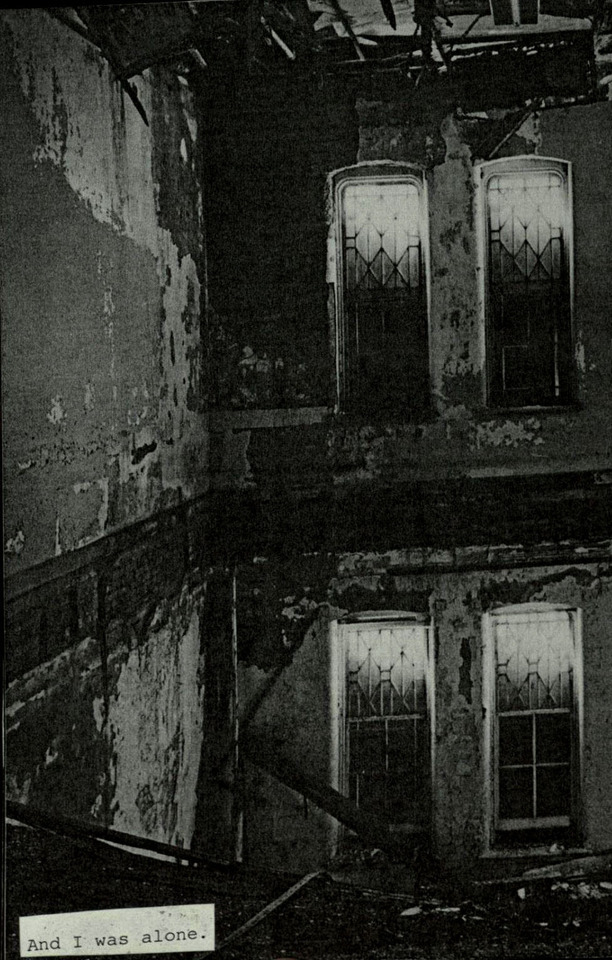creative space // student // graphic design and illustration
Don't wanna be here? Send us removal request.
Video
youtube
What is the role of sustainability in the creative industry?
0 notes
Photo




https://www.behance.net/gallery/49402445/Nippon-Connection-2016-Festival-Design
2 notes
·
View notes
Video
youtube
Why Meat is the Best Worst Thing in the World
Animation Style Research
0 notes
Photo



Exhibition Design // Lucky 88
https://www.genie.ink/new-events/lucky88
0 notes
Photo



Artist Inspiration // Jenny Jiao Hsia - Consume Me
1 note
·
View note
Photo




Abandonment // Zine
https://www.behance.net/gallery/67839831/Abandoned-(A-zine)
0 notes
Video
youtube
Dangerous Abandoned Theatre Closed for 50 Years! - Urbex Lost Places UK
0 notes
Text






Exploration // Birmingham Synogogue
0 notes
Text


Abandonment // Pen Factory
In fact historians go so far as to say that back in the 19th century, 75 per cent of everything written in the world would have been written using a Birmingham-made pen.
And at its height that there were 100 pen factories in the Jewellery Quarter which employed around 8,000 skills craftsmen and women – around 70 per cent were women.
As quill pens were overtaken by steel pens, it was John Mitchell, in Newhall Street, who was the first to pioneer their mass production in the early 19th century.
The Mitchells – John with his brother William – are credited as being the first manufacturers to use machines to cut pen nibs, which made the process much faster.
In 1828 Josiah Mason created a cheap, efficient, slip-in nib that could be added to a fountain pen, and by the 1850s, Birmingham was the world centre for steel pen and steel nib manufacture - at this time it’s said that over half the steel-nib pens manufactured in the world are said to have been made in Birmingham.
https://www.google.com/amp/s/www.birminghammail.co.uk/news/nostalgia/making-mighty-pen-birmingham-10098727.amp
0 notes
Text





Abandonment // Ghost Signs
0 notes
Text



Abandonment // Wyckhams Close
Built between 1888 and 1904, it was originally called “The Hut”. It was renamed Wyckhams Close around 1944.
Possibly something to do with Wyckham Blackwell, the timber merchants.
It’s been pretty much empty since 2003. Outline Planning permission was granted in 2010 to knock it down and replace it with a new detached dwelling and garage. A compulsory purchase order was issued by Solihull Council in 2013 in order for them to replace and widen the A45 / Bridge
https://www.28dayslater.co.uk/threads/wyckhams-close-coventry-road-birmingham.113559/
0 notes
Text




Abadonment // Typhoo Tea Factory
Typhoo Tea Factory, founded by John Summer in 1903, was known as one of Birmingham's most prominent landmarks. The factory was used for tea production from the 1930's, surviving bombing by the Luftwaffe in WW2. Typhoo merged with Schweppes in 1968 and the following year merged with Cadbury to form Cadbury Scweppes. The factory eventually closed in 1978. The site, which is currently being used as a 148-space pay and display car park, has been granted planning permission as part of a £14 million project to be turned into a university campus for Birmingham City University.
https://www.28dayslater.co.uk/threads/typhoo-tea-factory-birmingham-june-2016.104023/
0 notes
Photo



https://www.behance.net/gallery/64646237/Some
A short film inspired by the emotions of everyday life, I am incredibly inspired by the emotion and the way in which simple lines are able to captivate the audience with swift movement and frame by frame animation.
1 note
·
View note
Photo




https://www.behance.net/gallery/36090999/Liligo-Find-The-Right-Trip
Agency Highlight - Wonderlust
‘We recently helped liligo.com launch their new multimodal service offerings to over 10 differentcountries and 6 different languages. Essentially, with liligo.com, you can now compareprices between flights, trains, buses and car sharing, making it easier to book your next trip.‘
0 notes
Photo


https://www.behance.net/gallery/71244325/Friends4Change-A-Mental-Health-Campaign
0 notes


